Appearing with President Donald Trump at the White House, TSMC CEO CC Wei said part of the $100 billion will go toward its existing chip factory in Arizona.
In addition, the company will build three chip factories, two chip packaging factories and one research and development (R&D) center.
TSMC's expansion plans will help the US achieve its goal of reviving its domestic semiconductor industry after decades of being lost to Asian countries.
Stressing that this was a “major move by the most powerful company in the world ,” Mr. Trump called building the semiconductor industry a national security and economic issue, and also evidence that his tariffs were effective.
“If they make chips in Taiwan and send them here, they’re going to be taxed 25%, 30%, 50%, whatever. The tax will only go up. If they make them here, there’s no tax,” the president said on March 3.
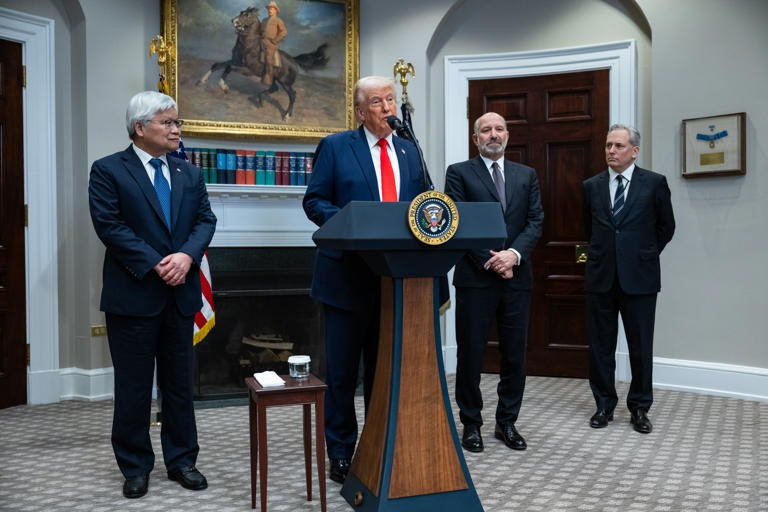
TSMC, the world's largest contract chipmaker with customers like Apple and Nvidia, began taking root in Arizona in 2020 when it announced plans to build a $12 billion factory there.
The Taiwanese (Chinese) contractor's ambitions are expanding rapidly, with two more factories and a total investment of 65 billion USD. The first facility went into operation late last year.
Thus, with the newly announced investment, TSMC plans to spend a total of $165 billion on US factories.
TSMC’s cutting-edge chip factories are all located in its home country of Taiwan, and its chips are essential components in everything from AI systems to smartphones.
Since former President Joe Biden's administration, the US has expressed concerns about TSMC's near-monopoly on advanced chip manufacturing and urged the company to move production, including chip packaging, to the US.
Chip packaging is especially important for AI chips because it improves performance by integrating more semiconductors, reducing size, increasing energy efficiency, and ensuring faster data transmission.
The CHIPS and Science Act provides up to $6.6 billion in funding for TSMC and recently began disbursing it. Generous tax credits also support chip manufacturing projects in the US.
US officials see chip production as a national security imperative because economic, technical and military progress increasingly depends on who has the best chips.
Supply chain issues arising during Covid-19 have also highlighted the essential nature of the industry as chip shortages have led to a slump in sales of cars and other devices.
Mr. Trump has repeatedly called on companies to produce more chips in the US, while criticizing his predecessor's CHIPS and Science Act.
He argues there is a better way to attract manufacturing, and that is through taxes. Last month, he said he was considering a 25% tariff on imported semiconductors.
Since taking office, the US president has often appeared at the White House with business leaders to announce investment commitments.
For example, the OpenAI, Oracle, and SoftBank alliance pledged to invest $500 billion in AI infrastructure. Apple also announced it would spend more than $500 billion and create 20,000 new jobs over four years.
(According to WSJ, The Washington Post)








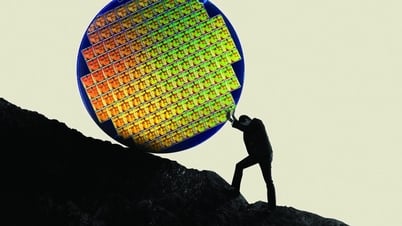
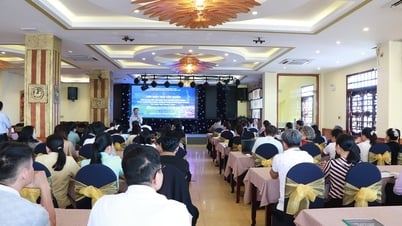












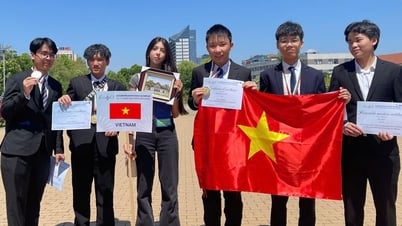



























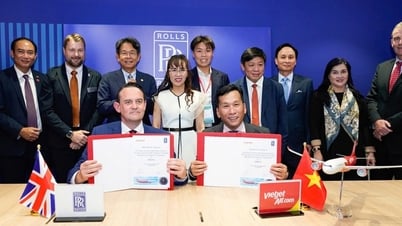
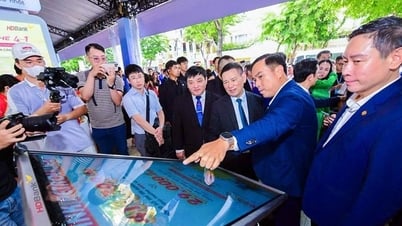

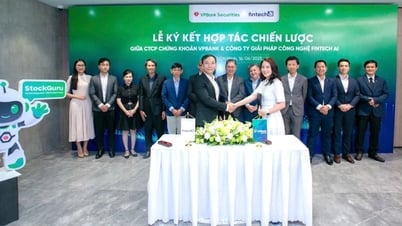

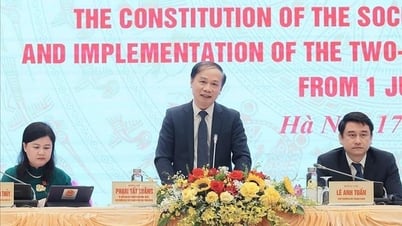





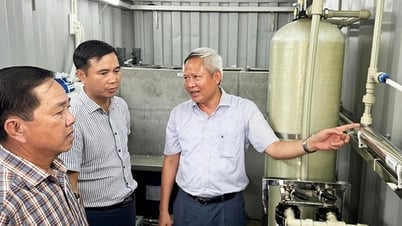

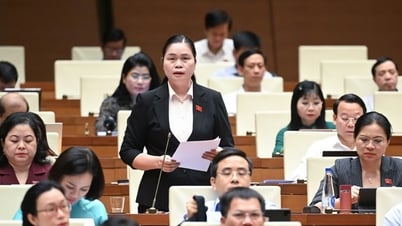



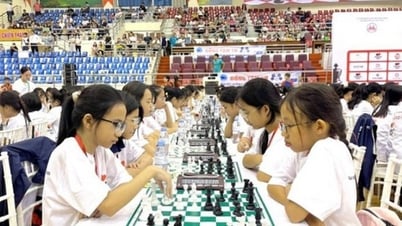

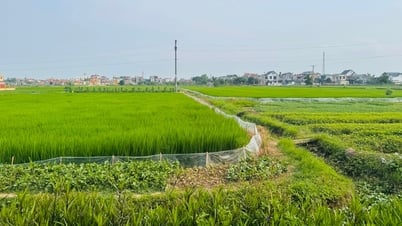


























Comment (0)